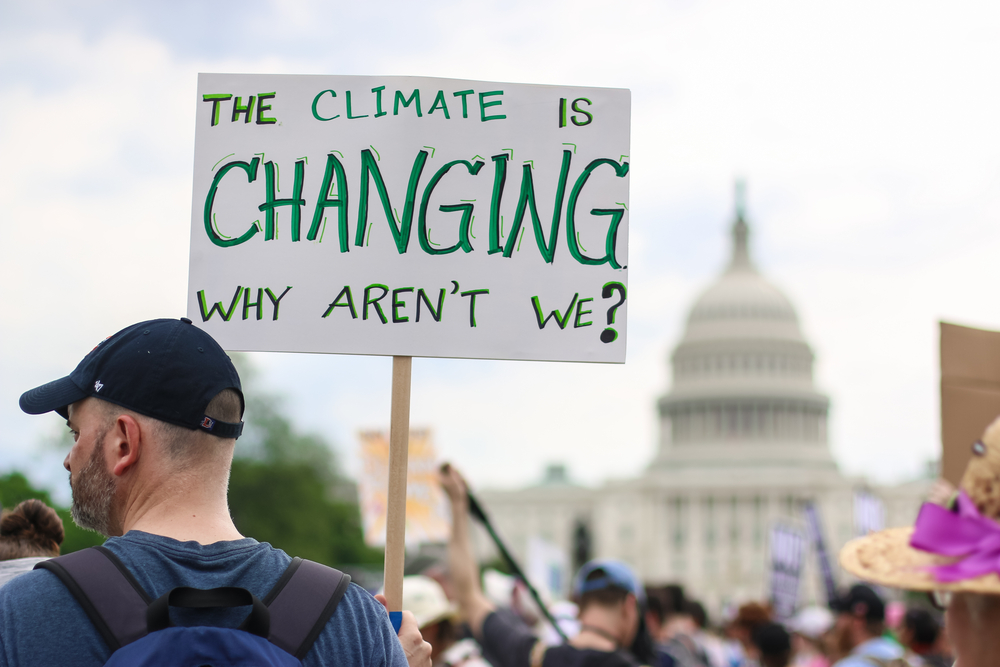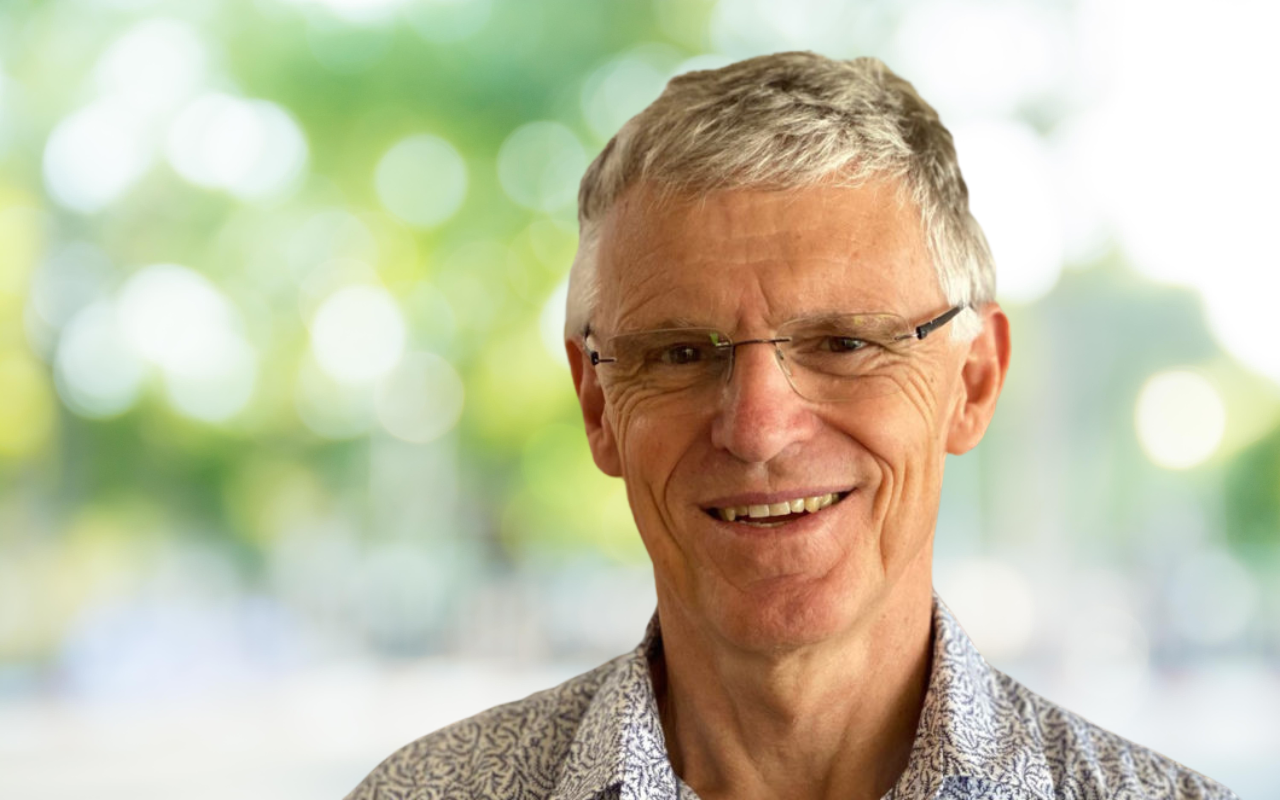Following the COVID-19 pandemic, humanity reverted to the small world behaviours that leave us vulnerable, perched as we are on our increasingly dynamic and unpredictable planet.
Late last year, we watched the climate conference, COP28, continue the slow walk of humanity’s response to the changing global climate caused by our ongoing wanton burning of fossil fuels and widespread environmental destruction.
For many, the focus is on understanding the physical changes that are the product of generally undisputed physics and chemistry – the coefficient of expansion of water, the melting of ice caps and glaciers, the albedo effect, the inverse relationship between water temperature and oxygen solubility (here and here), the acidification of the oceans due to rising atmospheric carbon dioxide levels (here), and the increase in the quantity of water and energy in the atmosphere as the temperature rises.
Others worry about the destabilisation of the interconnected and hugely complex dynamics of the atmosphere and ocean currents that drive the climate that we experience wherever we live. Or how rising sea levels will flood vast areas of the land that we currently use to grow food, inundate many major cities, and disrupt the economic infrastructure upon which our globalised human community depends. While unprecedented flooding is already wreaking havoc, reduced rainfall in some parts of the world will diminish the supply of fresh water essential for daily living and agriculture that is already threatened by the profligate exploitation and contamination of aquifers, rivers and lakes.
All of these will influence where and if we humans, and indeed all other life forms, will be able to live the lives for which we/they have become suited by evolution. Every environment on Earth will change and many will become uninhabitable, not necessarily for every species, but certainly for the interdependent species complexes that have occupied them over recent millennia. Hundreds of millions of humans will be displaced and will need to find somewhere else to live and alternate sources of food.

The array of impacts from climate change described above will also disrupt our societies. Our physical health depends on adequate nutrition, sufficient water and an environment with an ambient temperature within which we can survive and remain active. And our complex and expensive health delivery systems can only continue to function within economies that produce sufficient wealth to fund them. Global climate change threatens all of this and demands careful planning to manage our transition to new circumstances.
These realities have been addressed recently in a series of wake-up calls from mainstream global organisations (The Lancet, the World Health Organization, the Centers for Disease Control and Prevention, the World Bank) that describe the direct and indirect consequences for health and health care from ongoing global climate change: heat stress, disruption to food supplies, inadequate supplies of clean water, increased risks of infectious diseases, social and economic disruption, increased health inequality, housing stress, and decreased resources available to fund the high technology health care that we have all come to expect as our right.
So why are we so slow to respond to this existential threat that has been apparent for such a very long time?
We humans like to think that we are pretty smart, and, indeed, we can be quite canny when it comes to our parochial and short term interests. Until recently, we had always lived in small groups. We commonly lived with our neighbours in a state of at least some tension, if not overt conflict. We competed for resources but often cooperated in trade for goods and genetic diversity. We evolved into what we are, like many other social animals suited for membership of small groups, because we survived when we collaborated and, whether voluntarily or under duress, adhered to the social rules that persisted because they worked. And we died when we didn’t.
Unfortunately, we have remained self-centred creatures with small world talents and a tendency to hubris. We are ill-prepared for the hugely complex global systems of trade and commercial exchange that have emerged as the unplanned product of our small world pursuit of personal wealth and power. And for the most part we have remained oblivious, wilfully or otherwise, to the extent of the damage to the natural world that our ingenuity with the products of the science is causing.
We have generally failed to understand our codependency with other life forms. While we are certainly one of a kind, we remain no less dependent on the stability of the biosphere than the millions of other species with whom our lives are enmeshed. And we have yet to understand that it is not sustainable to live our lives on a finite planet as an endless competition within the community of humanity to exploit a fragile physical environment in the pursuit of personal gain.
Historians and anthropologists looking backwards into our past, and mathematicians and ecologists studying the vulnerability of complex interconnected systems, have long cautioned us about the vulnerability of both human infrastructure and the biological systems wherein we live. I have previously tried to incorporate their work into several articles published before and during the coronavirus disease 2019 (COVID-19) pandemic (eg, here and here).
COVID-19 made countless people very sick, killed many millions of us, disrupted the global economy and caused huge disorder within human societies. Few of us anticipated the degree of disruption to health care, and indeed the entirety of our community. But as COVID-19 waned, it left little permanent damage, and humanity rebounded. We simply reverted to the small world behaviours that leave us as but one of the subjects of change on an increasingly dynamic and unpredictable planet.
But COVID-19 was caused by “just” a virus.
It did not cause any direct physical damage to infrastructure, it did not disrupt our environment by causing heatwaves, droughts, floods, storms, ecosystem devastation, changed sea level, failed crops, altered climate, disrupted ocean currents, or trigger cascading changes to the physical world whereon we live.
Perhaps unsurprisingly given our origins, we humans are now strolling towards a far greater calamity with our eyes unseeing of what lies ahead. Perhaps it is our destiny to continue to experience our lives as villagers and the passive subjects of evolutionary change, with all that entails (here and here).
How our future plays out will depend on whether we have the intelligence and the wisdom of people like Leo Szilard to step free from the thrall of our small world past and behave in a manner we have never before demonstrated we have the capacity to do. If we can, we might even validate our high opinions of ourselves.
This article is Part 3 of a series by Dr Will Cairns.
Read Part 1: Climate change testing the limitations of human behaviour
Read Part 2: Resetting humanity’s relationship with planet Earth
Dr Will Cairns has retired from clinical practice as a palliative medicine specialist.
The statements or opinions expressed in this article reflect the views of the authors and do not necessarily represent the official policy of the AMA, the MJA or InSight+ unless so stated.
Subscribe to the free InSight+ weekly newsletter here. It is available to all readers, not just registered medical practitioners.
If you would like to submit an article for consideration, send a Word version to mjainsight-editor@ampco.com.au.

 more_vert
more_vert
Excellent article. Very concerning.